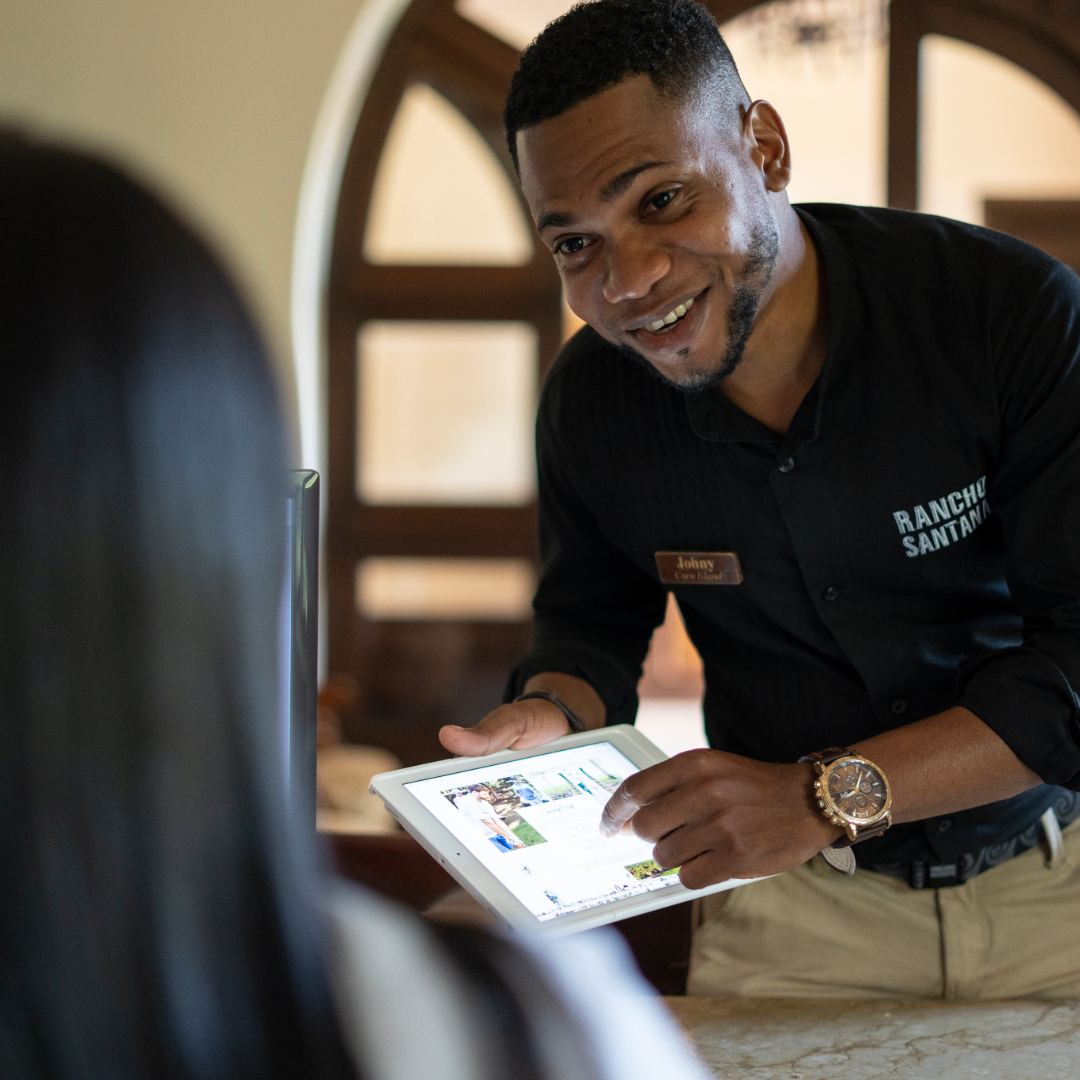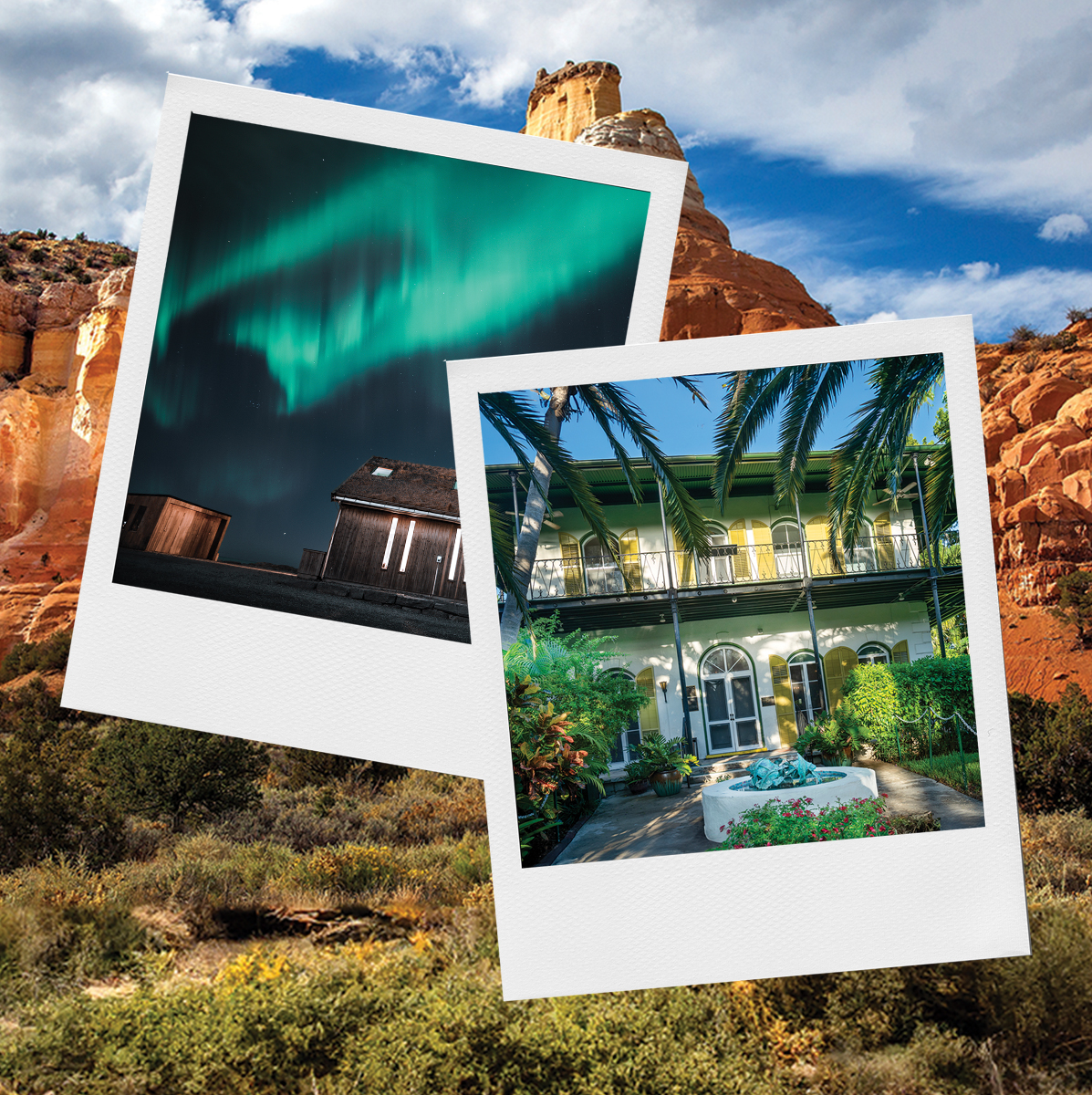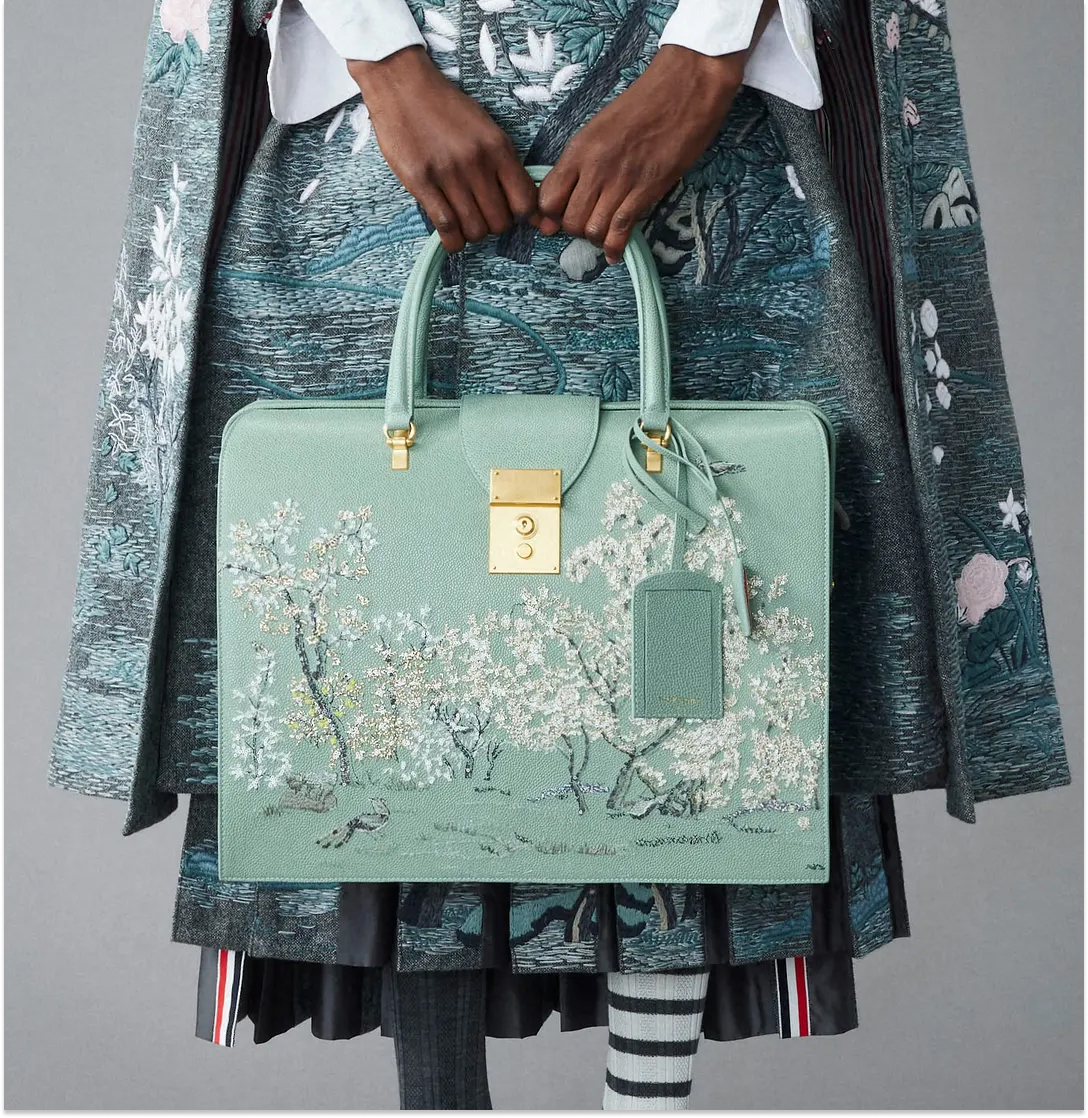Travel
Whether you're planning a trip or have a case of wanderlust, the travel editors at Marie Claire are here to help.
-
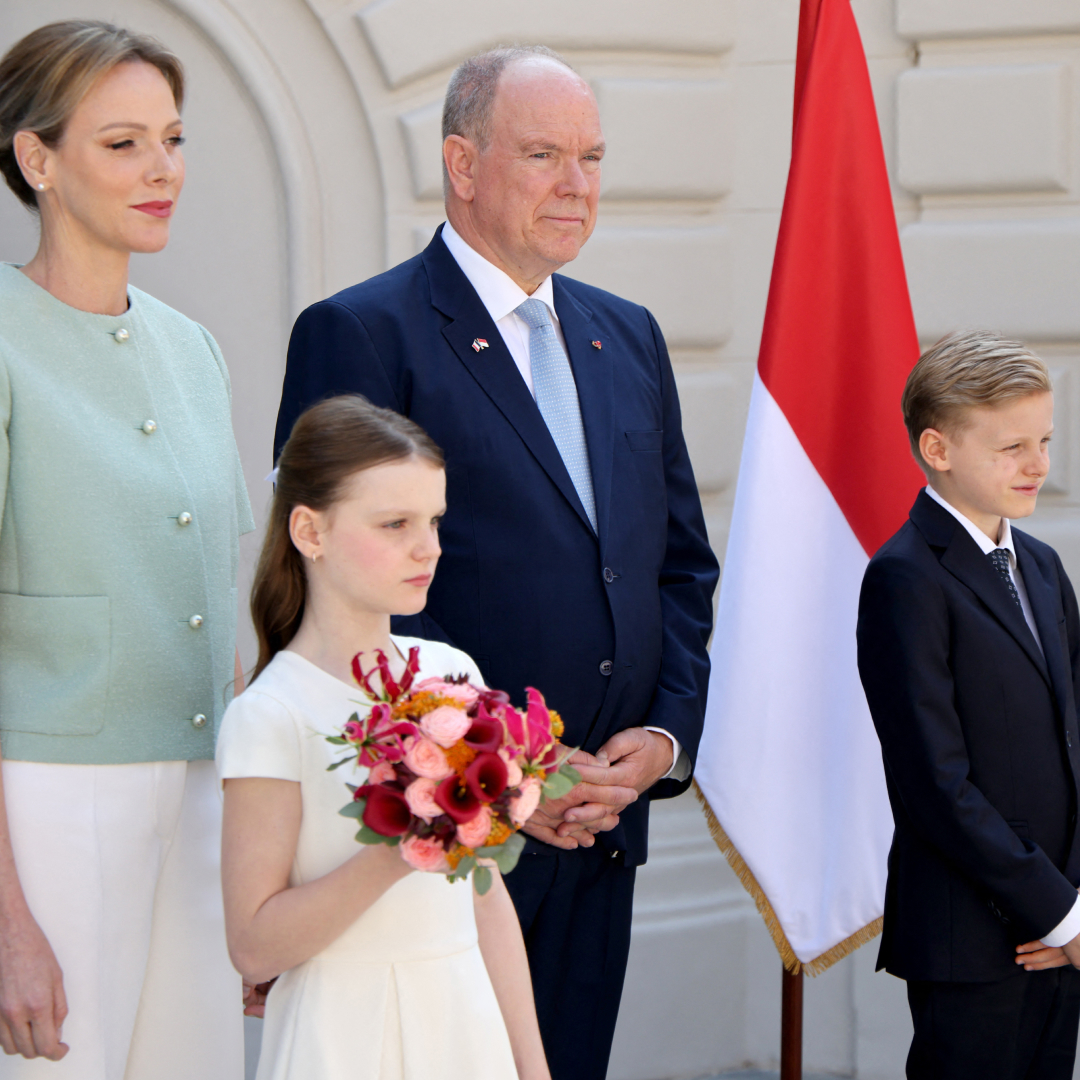
Princess Charlene Forced to "Drop Out" of International Trip
A statement from the palace highlighted the need for "understanding and ongoing commitment."
By Amy Mackelden Published
-
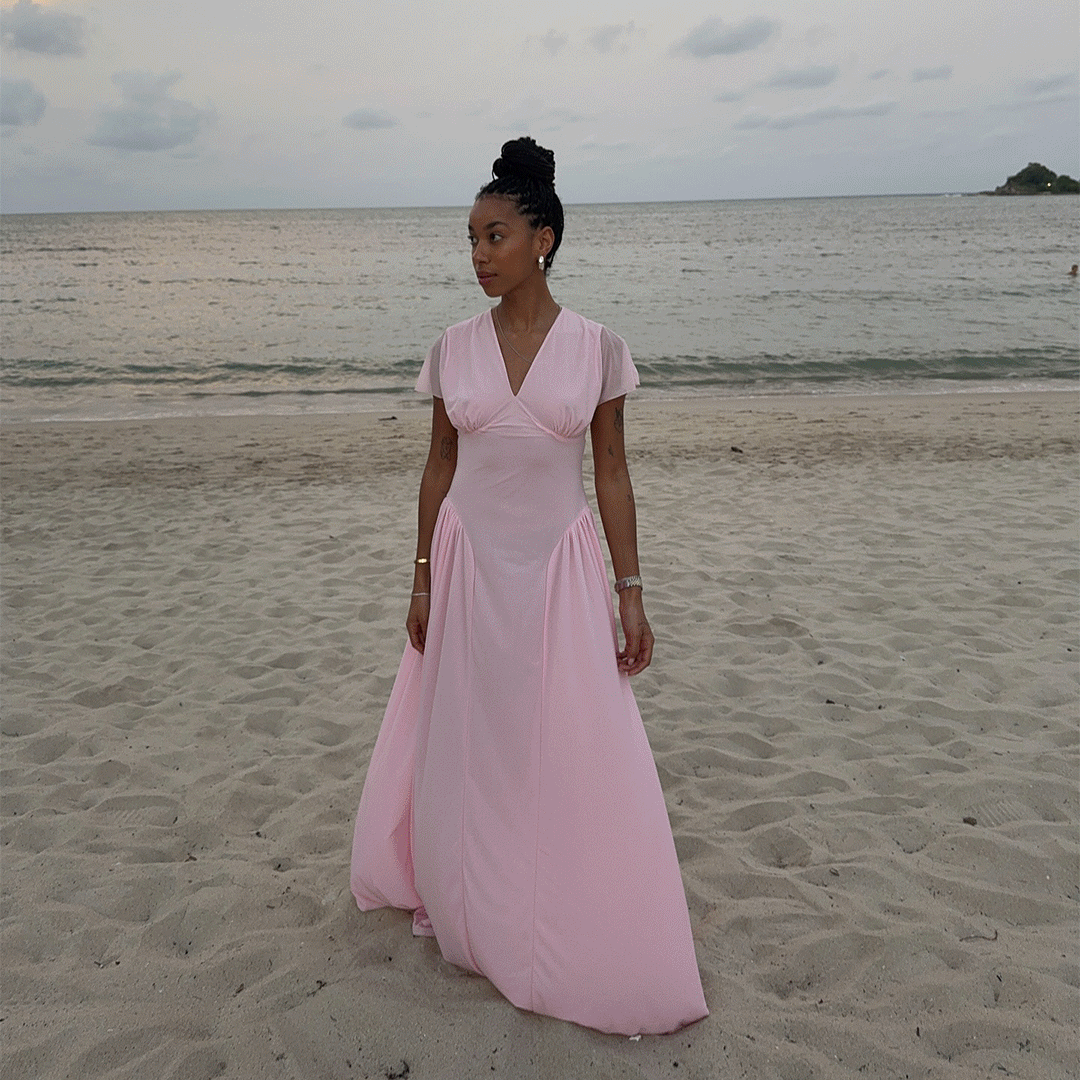
31 Luxe Under-$200 Fashion and Beauty Finds for Your Next Vacation
TSA-friendly essentials.
By Emma Walsh Published
-
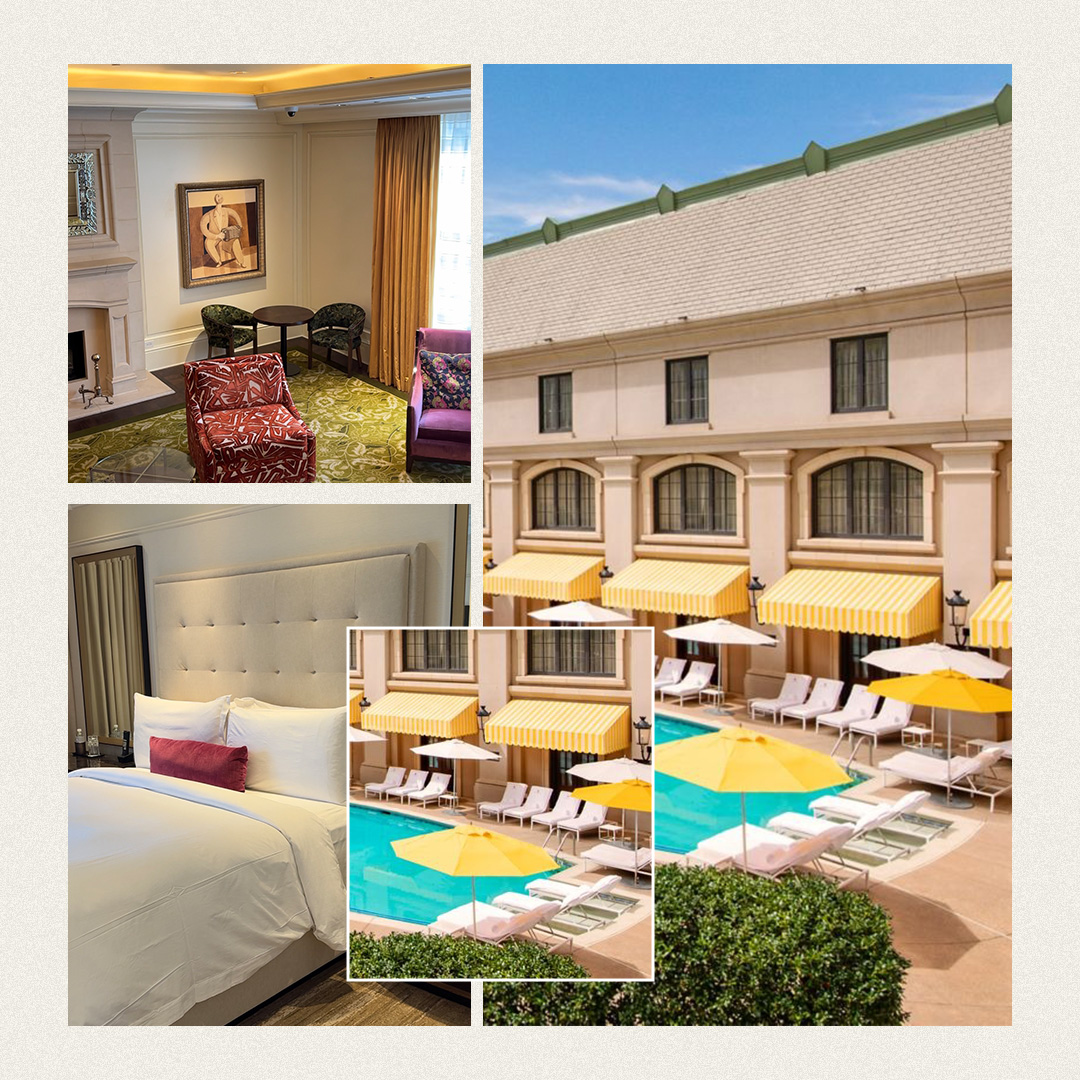
We're on the Hunt for the Most Luxurious Stays—This Atlanta Hotel Takes Our Top Spot
Sponsor Content Created With The St. Regis Atlanta
Hint: It's home to a Michelin-starred restaurant.
By Natalie Gray Herder Published
-
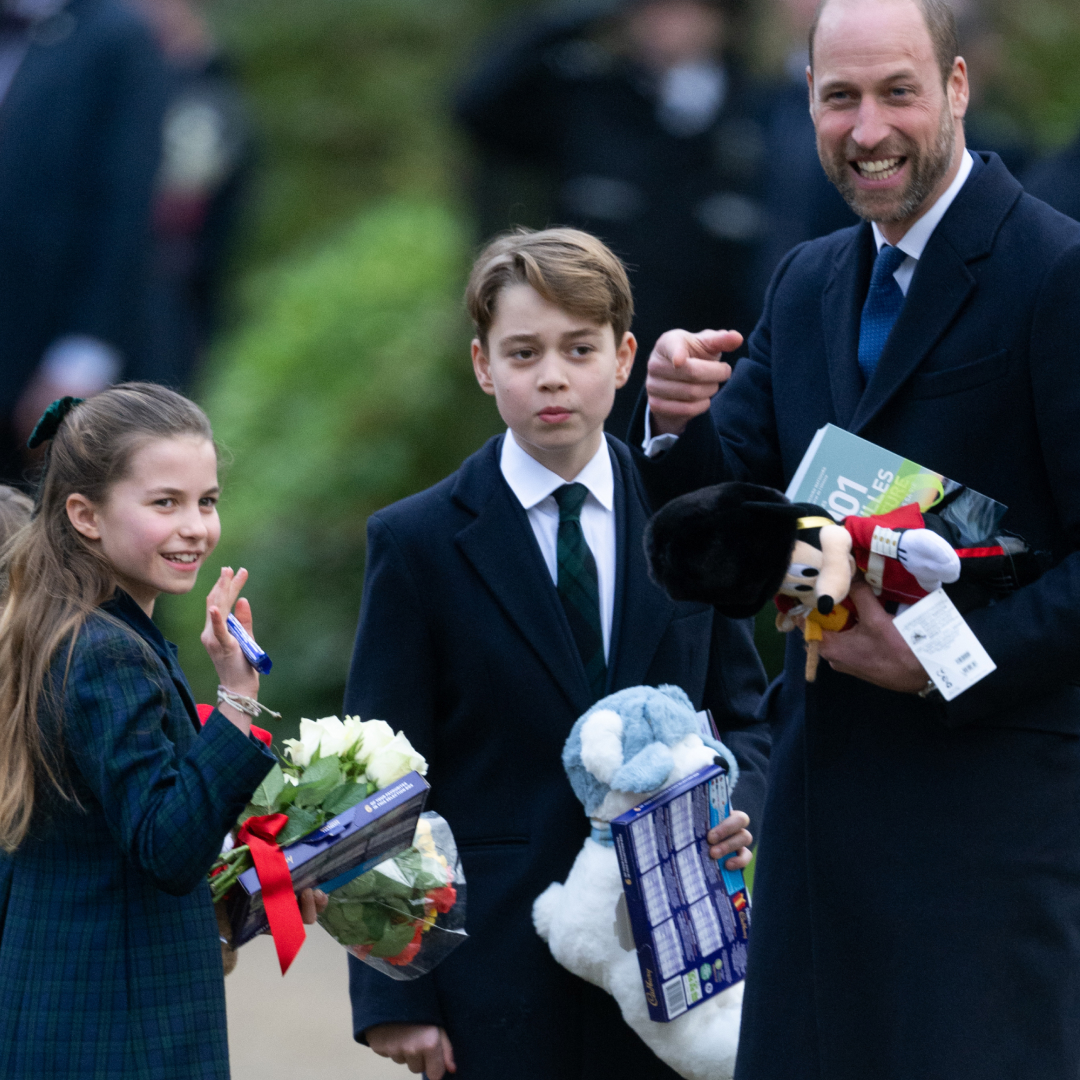
Prince William's Kids Hate His Unusual Vacation "Habit"
"The children will kill me if I don't go home later."
By Amy Mackelden Published
-
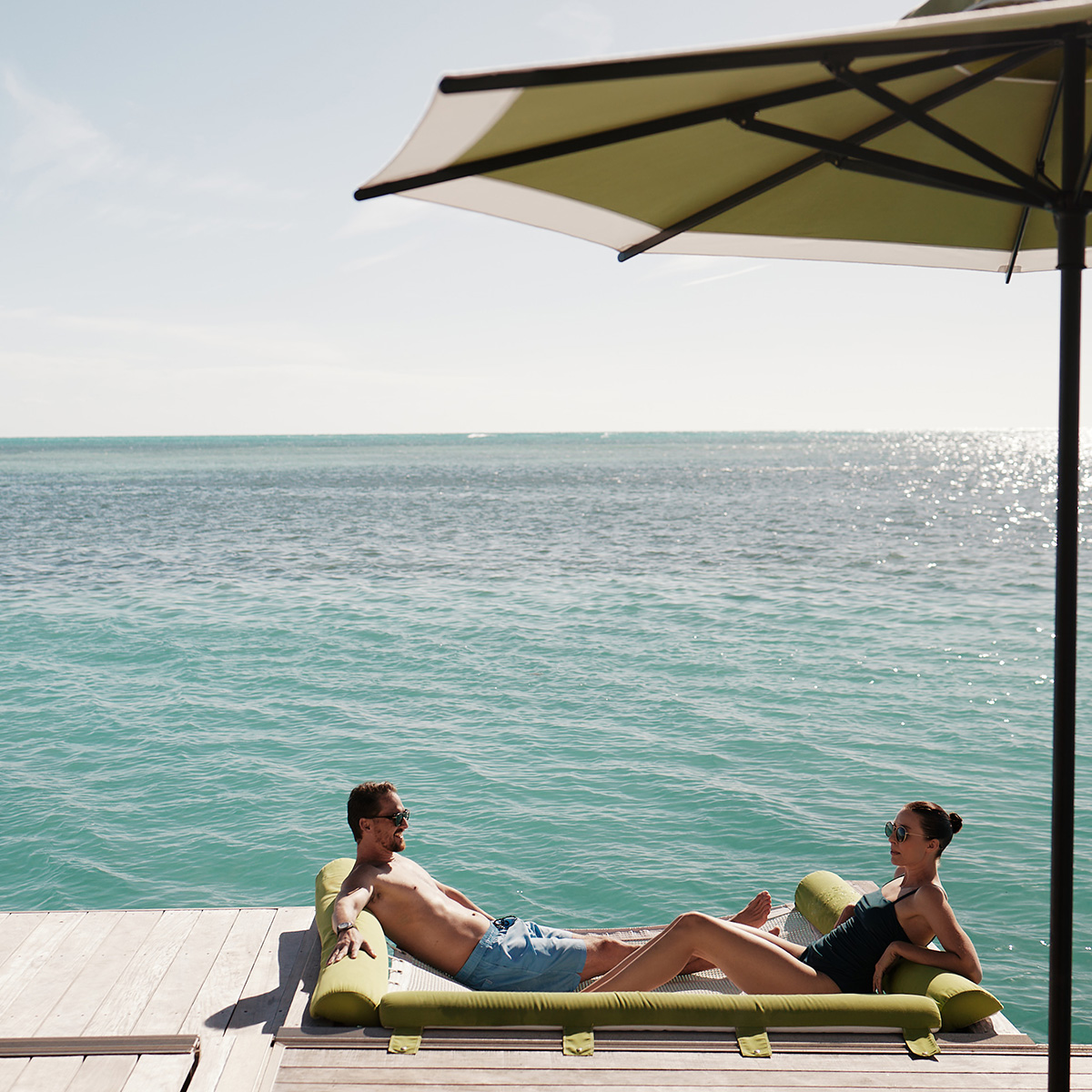
The Chicest Way to See the Caribbean? A 7-Night Stay With Celebrity Cruises
Sponsor Content Created With Celebrity Cruises
Get ready to set sail in style.
By Sasha Mironer Published
-
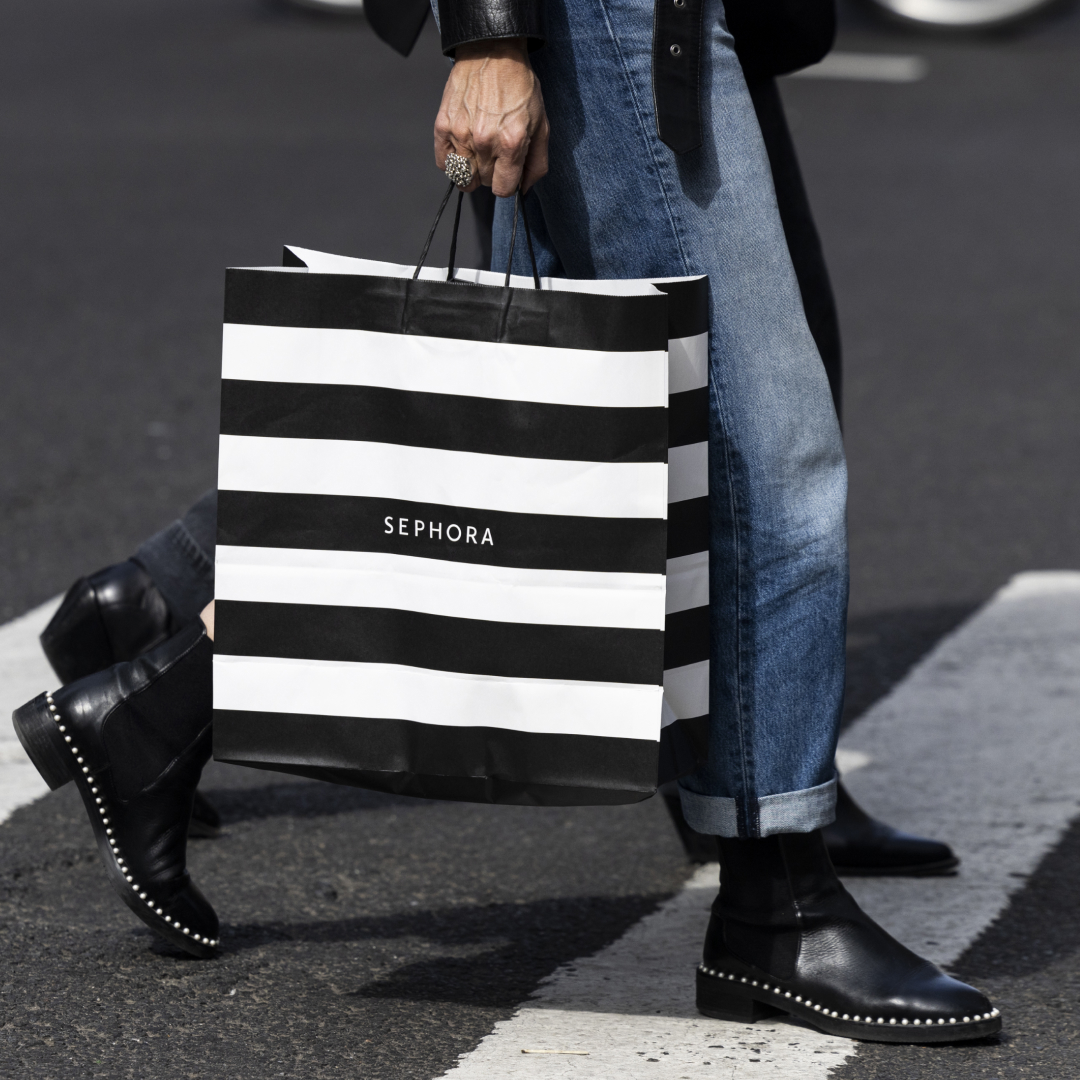
This Super Simple Sephora Hack Makes Packing Way Easier
Game-changing.
By Lia Beck Published
-
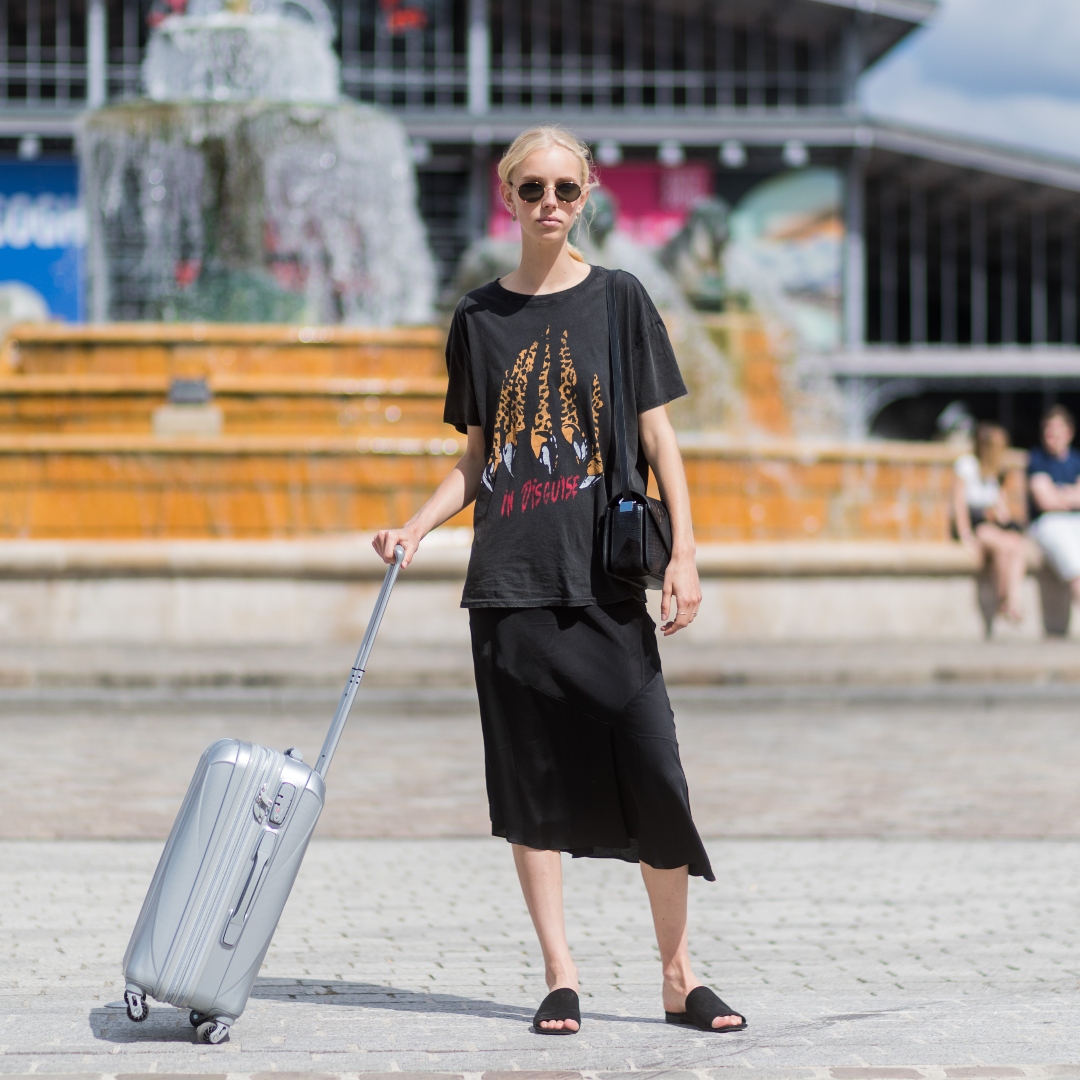
I've Perfected My Lineup of Apps for Stress-Free Travel—Don't Get on a Plane Without These 7
Trust me.
By Grace Dean Published
-

11 Movie Filming Locations That Make Perfect Road Trip Destinations
Time to fill up the tank.
By Iris Goldsztajn Published
-
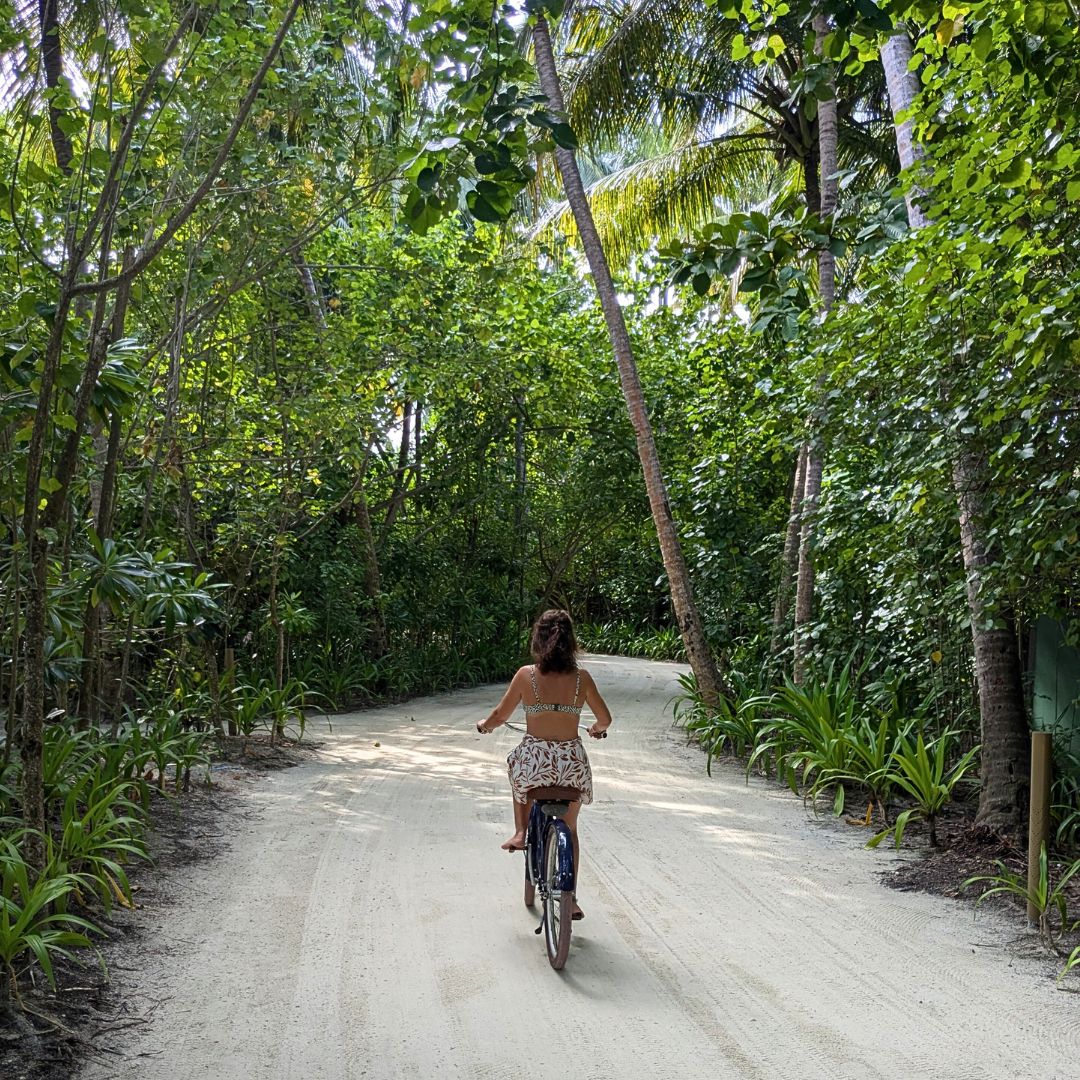
I'm a Seasoned Solo Traveler—I Wish I'd Known These 10 Things Before My First Adventure Alone
The world is waiting for you.
By Lydia Swinscoe Published
-
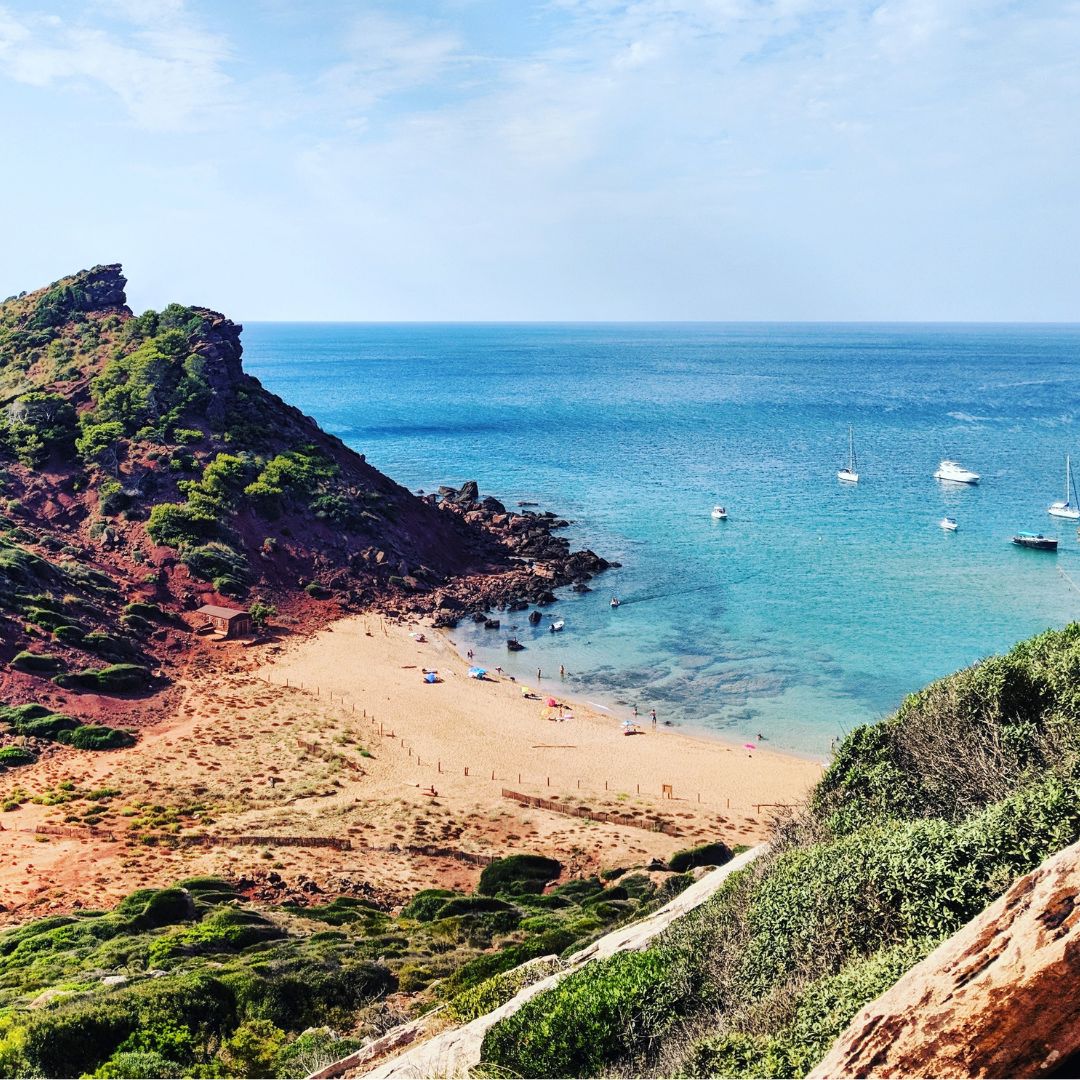
I Went On a 10-Year Quest to Find the World's Best Beaches—These 10 Blew My Mind
Because life is always better by the ocean.
By Lydia Swinscoe Published
-
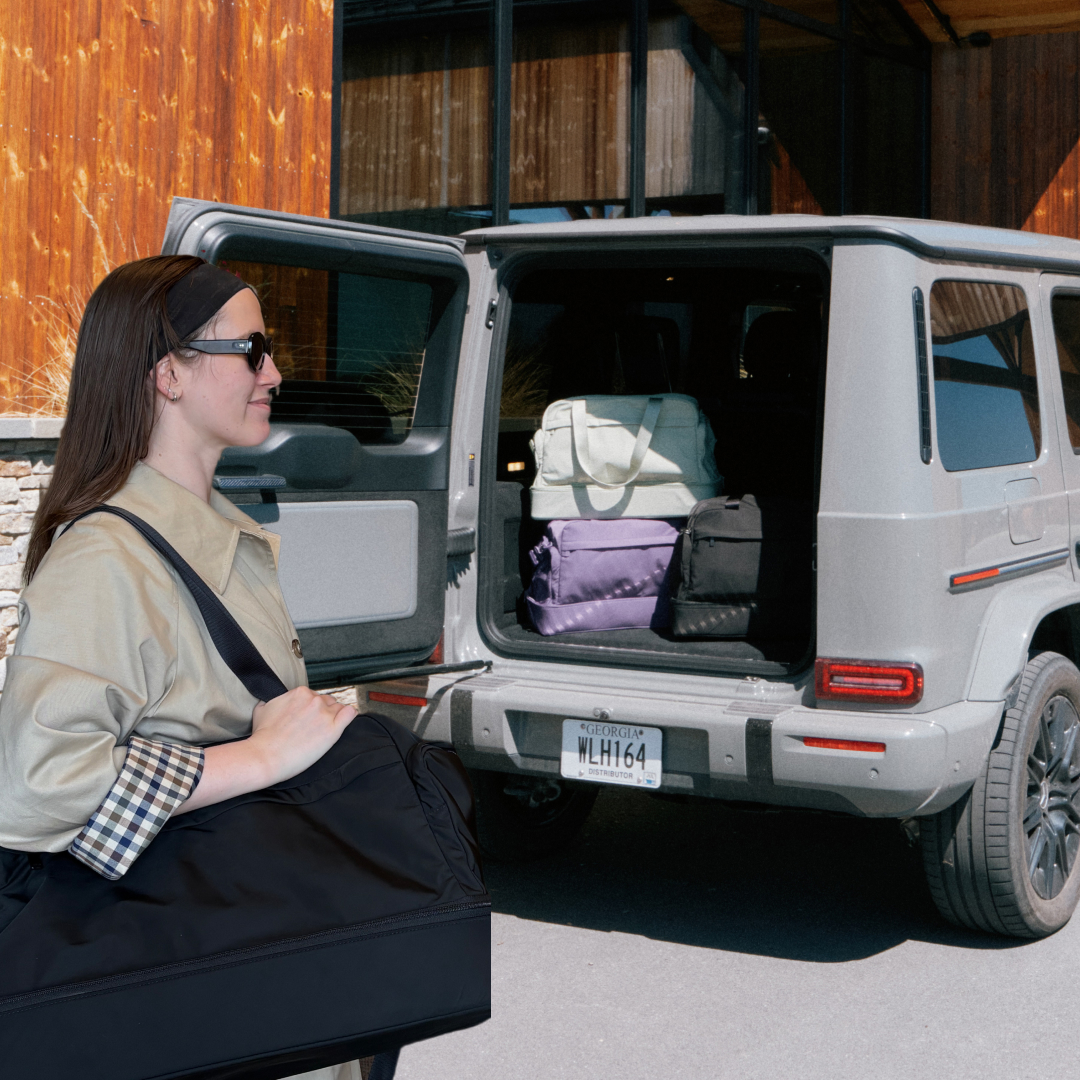
This Away Bag Has Officially Replaced My Roller Carry-On
I take it on every trip I can.
By Halie LeSavage Published
-

Slide a "Detour Destination" Into Your Next Travel Itinerary
The closest thing to two vacations in one.
By Gabriella Onessimo Published
-
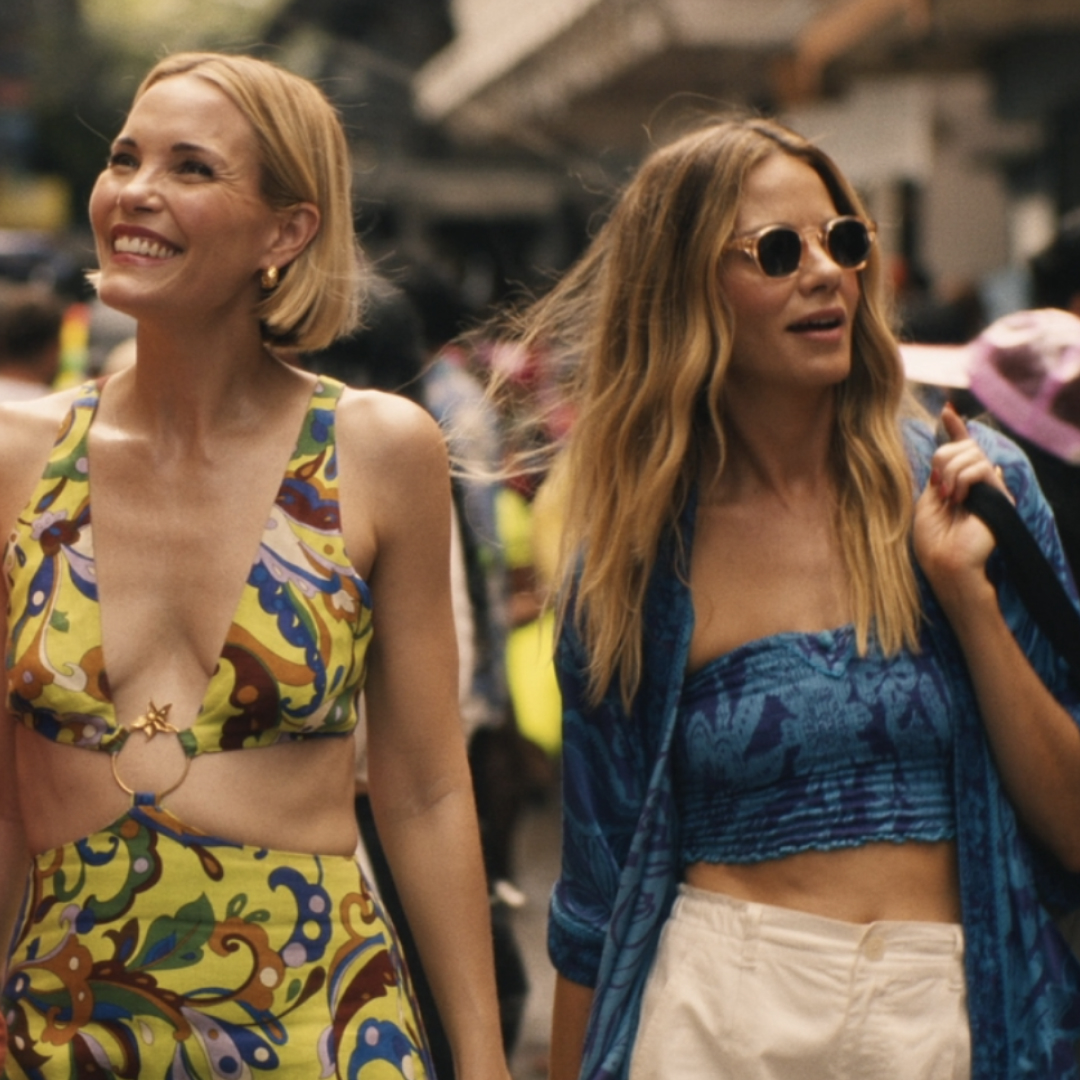
10 Vacation Destinations Inspired by Beloved TV Shows
Whether you're ready to experience life like the lords and ladies of 'Downton Abbey' or you're craving an 'Emily in Paris'-style adventure.
By Amy Mackelden Published
-
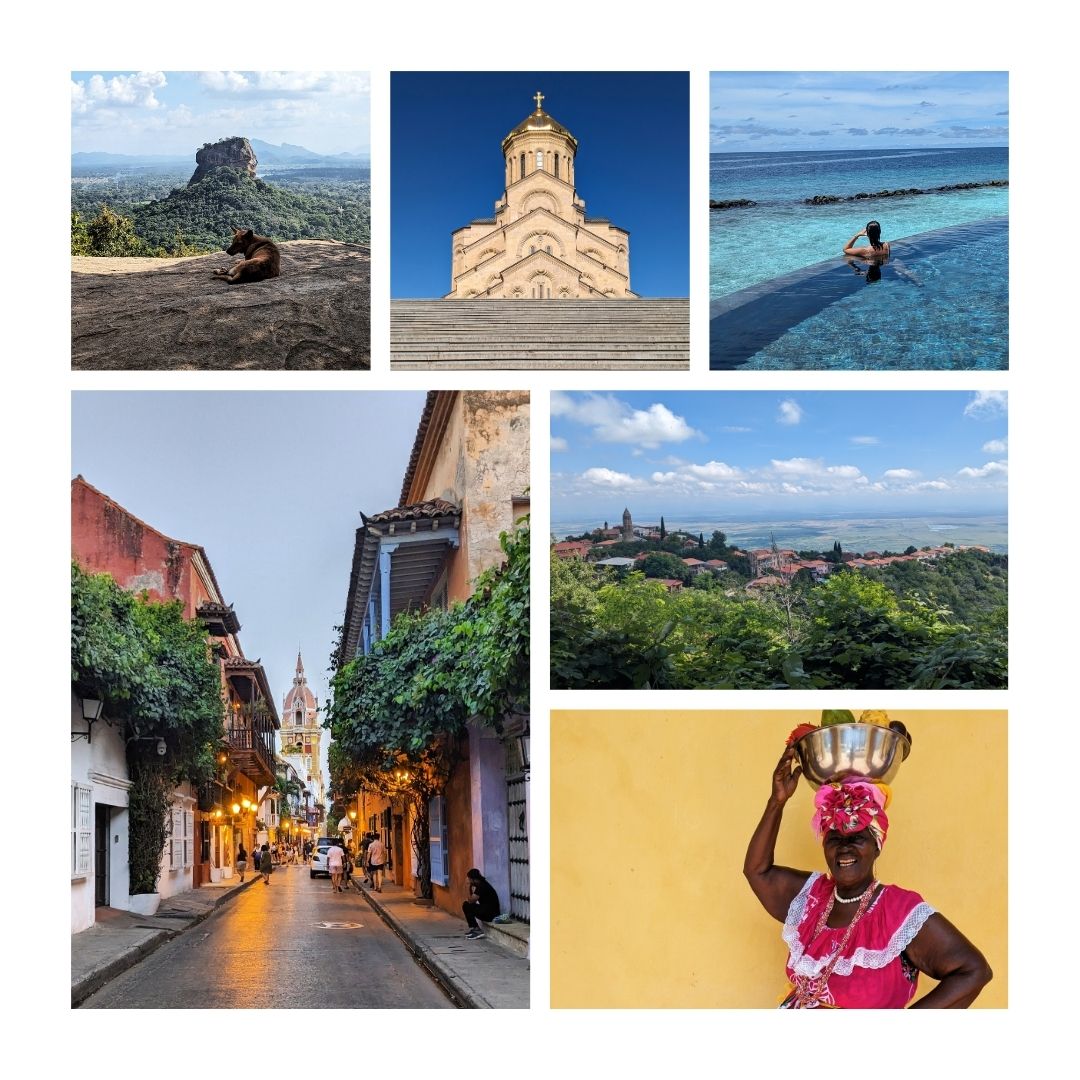
I've Traveled Alone for 20 Years—These Are the Best Destinations for Women Traveling Solo
From an island paradise to a once out-of-bounds region.
By Lydia Swinscoe Published
-
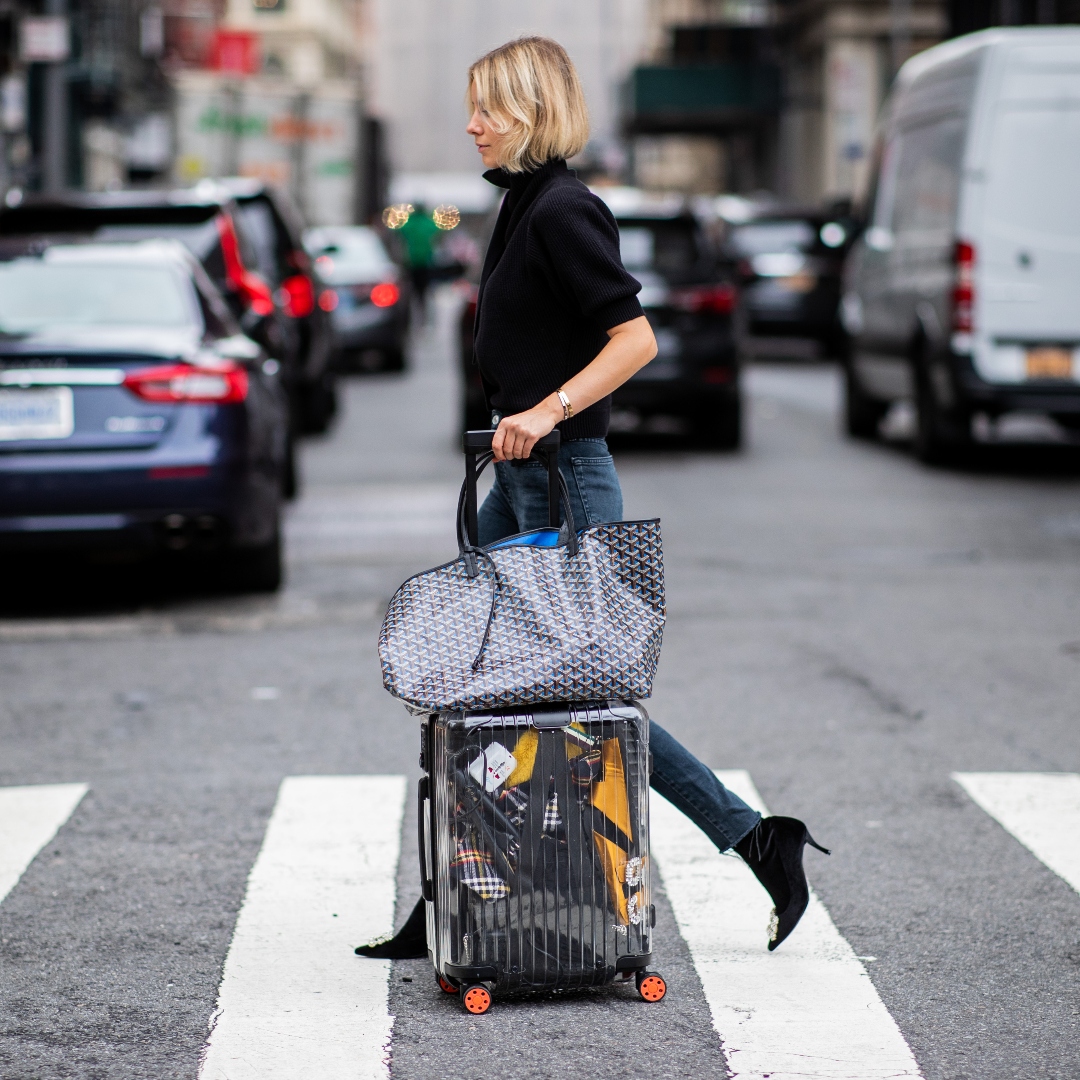
9 Travel Gadgets I'll Never Take a Trip Without
Your new essentials.
By Grace Dean Published
-
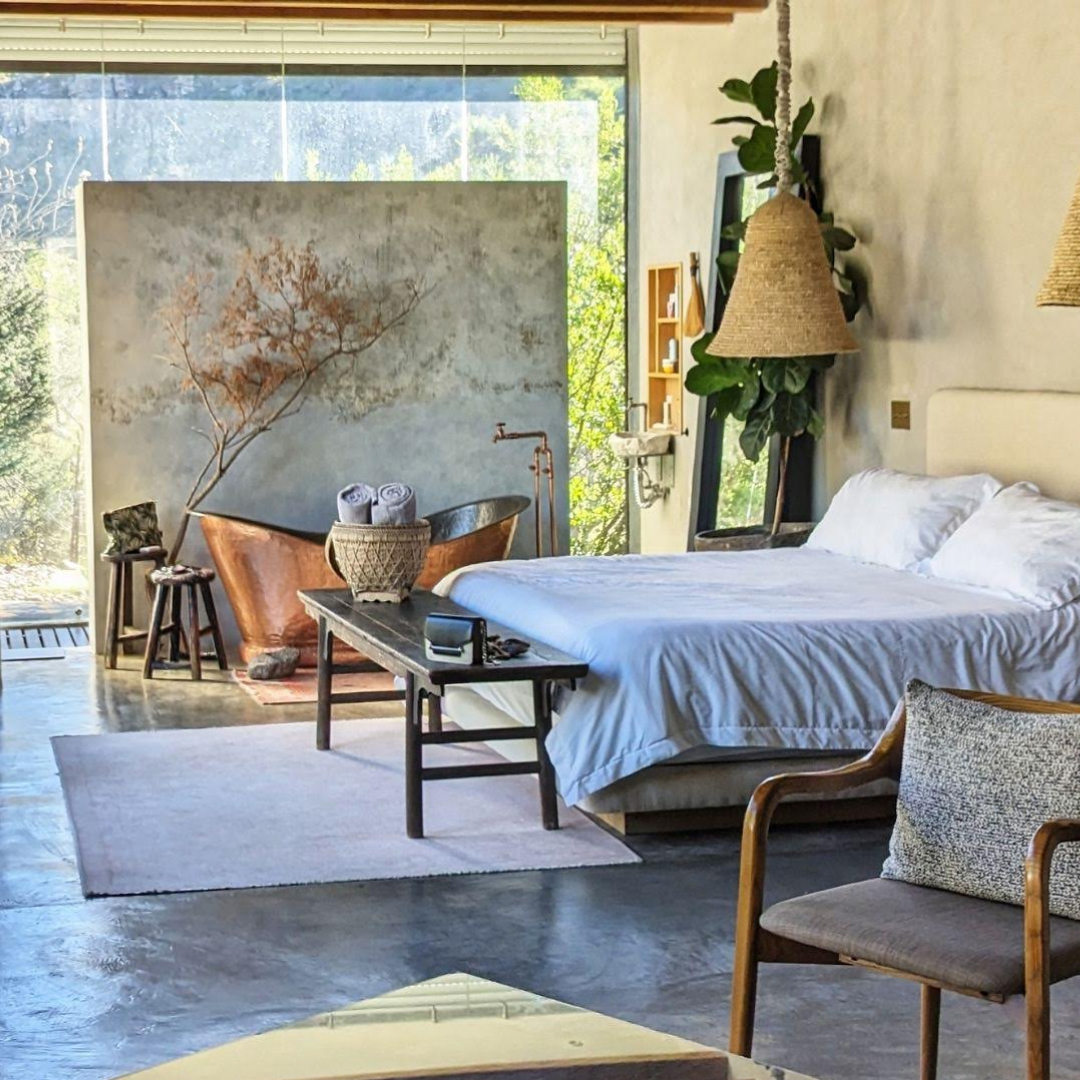
I've Used Airbnb for 10 Years—These Design-Focused Homes Are My All-Time Favorites
Stylish sanctuaries you'll never regret visiting.
By Lydia Swinscoe Published
-

The Florida Keys Are Calling—Here's What to Eat, Drink, and Do in Key West
Counterculture meets tropical beach vibes in this unique island town.
By Abigail Libers Published
-
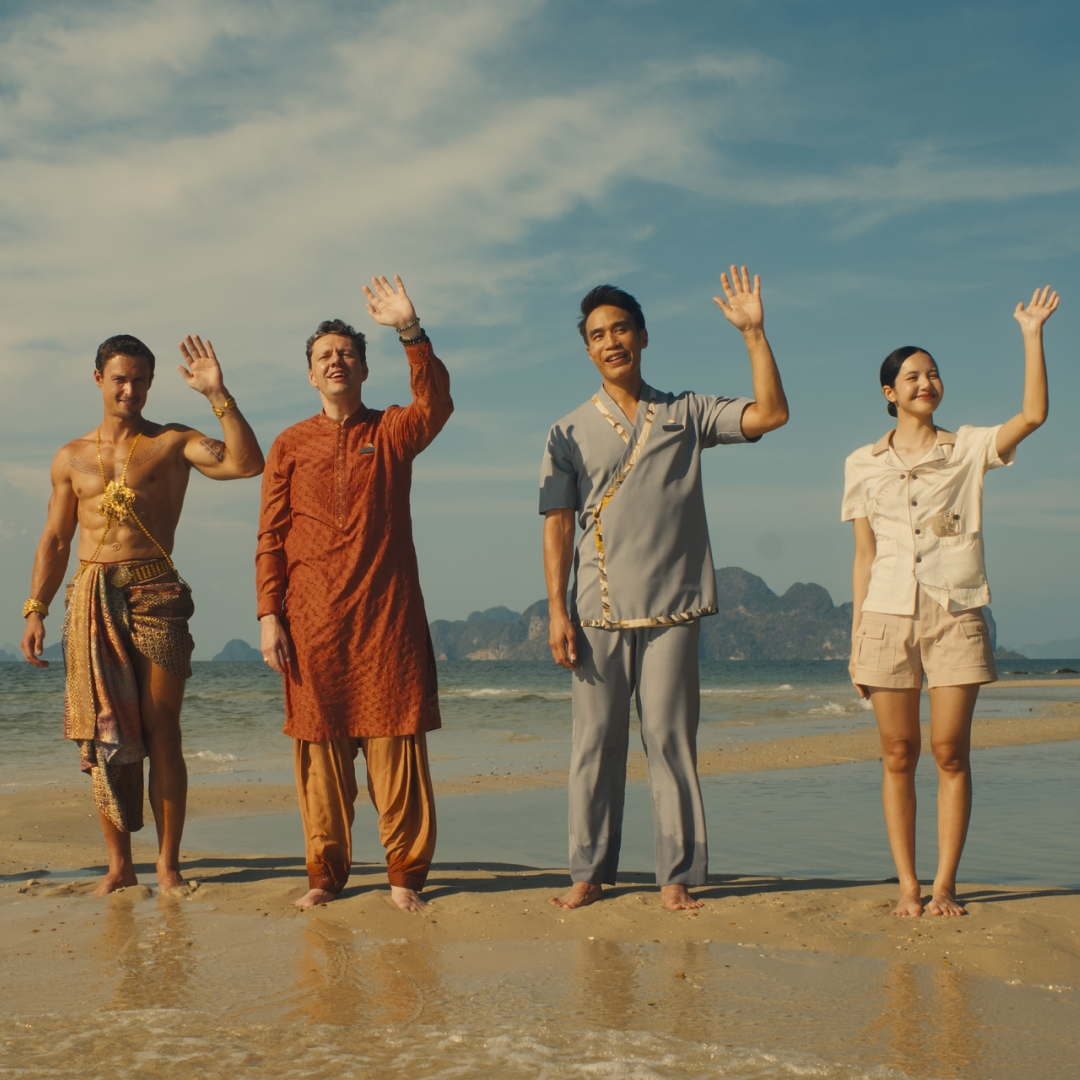
All About 'The White Lotus' Season 3 Filming Locations, in Case You're Booking Your Next Trip to Thailand
The HBO series' biggest season yet filmed in sites ranging from luxury hotels to outdoor clubs.
By Quinci LeGardye Last updated
-

The Spring Guide to California Wine Country
Here's how to experience the best of California’s iconic wine country.
By Sara Holzman Published
-
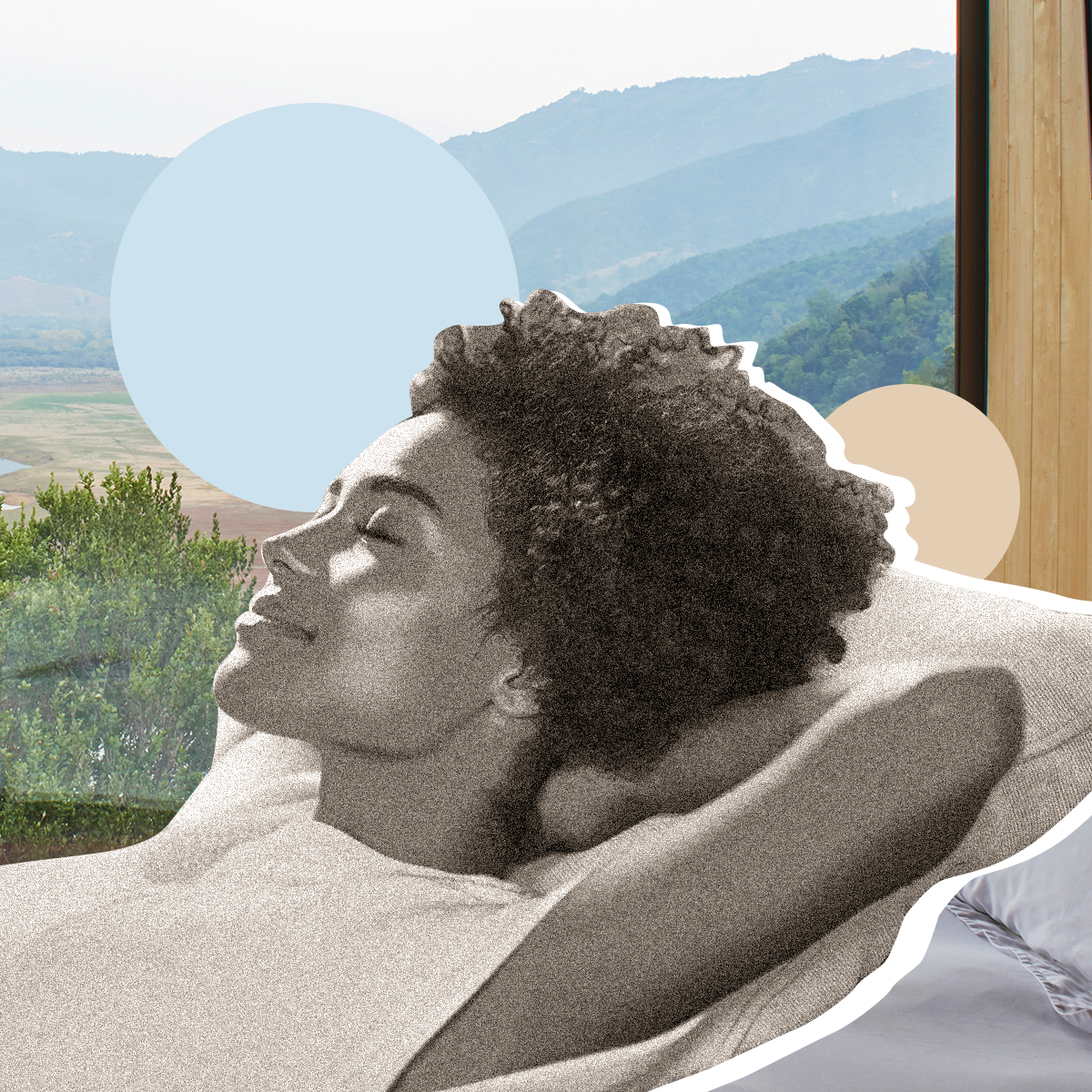
Ready for Drift-Off
A new wave of sleep retreats and spas are offering another way to get some shut-eye.
By Deanna Pai Published
-

A Field Guide to Paris' Most Classic Destinations
Where to stay, what to do, and what to wear in a city fond of tradition.
By Sara Holzman Last updated
-
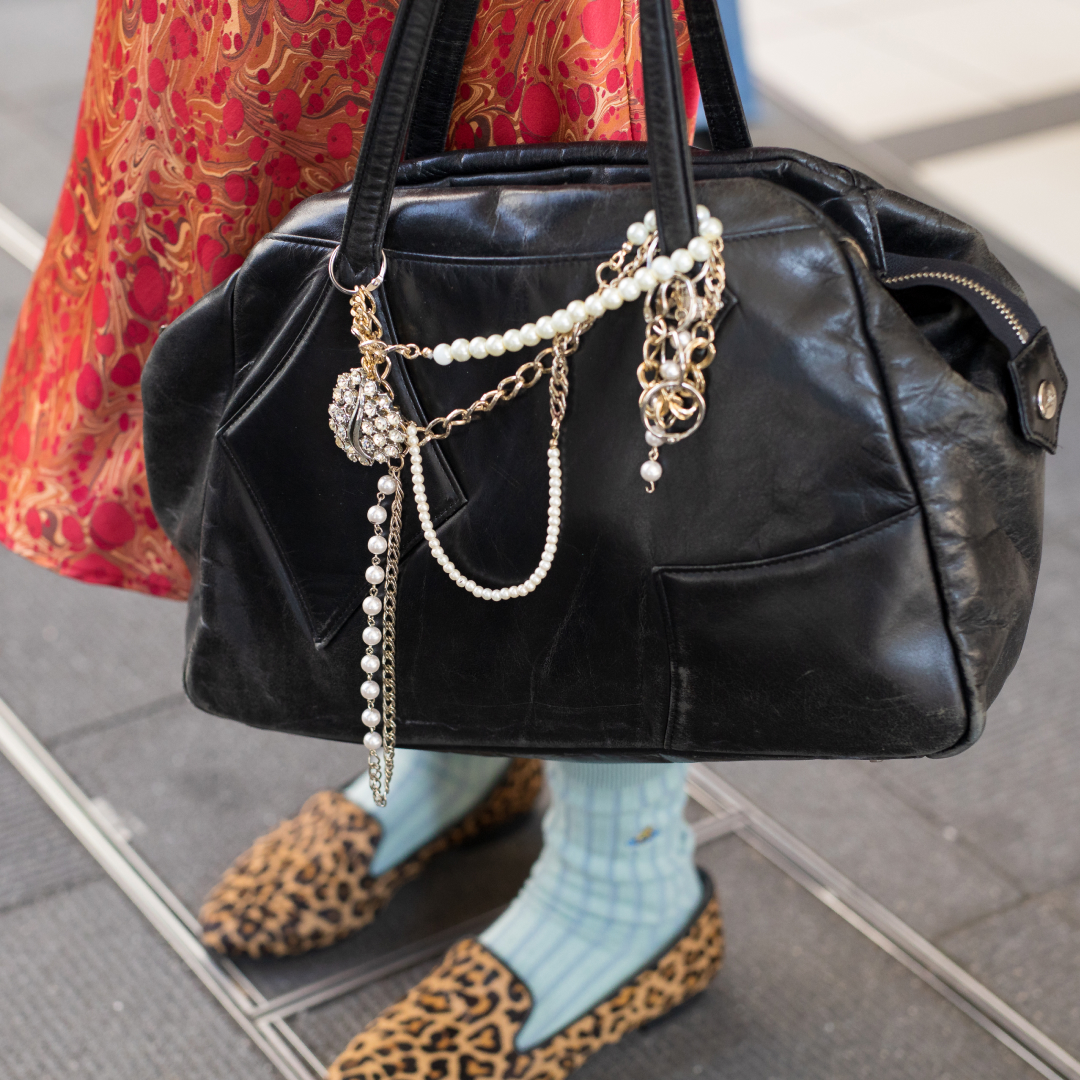
Weekender Bags That Fit All of Your Clothes
In case you want another reason to get excited about your trip.
By Julia Marzovilla Last updated
-

The Weekend Guide to Ubud, Bali
Before you start bingeing beaches, head to Bali's heartland.
By Michelle Stansbury Published
-

The Fashion Editor’s Guide to Saint-Germain-des-Prés
The most stylish activities and sights inspired by Emily in Paris.
By Sara Holzman Last updated
-

The Weekend Guide to Dubai
Step into the future of luxury along the Arabian Sea.
By Michelle Stansbury Published
-
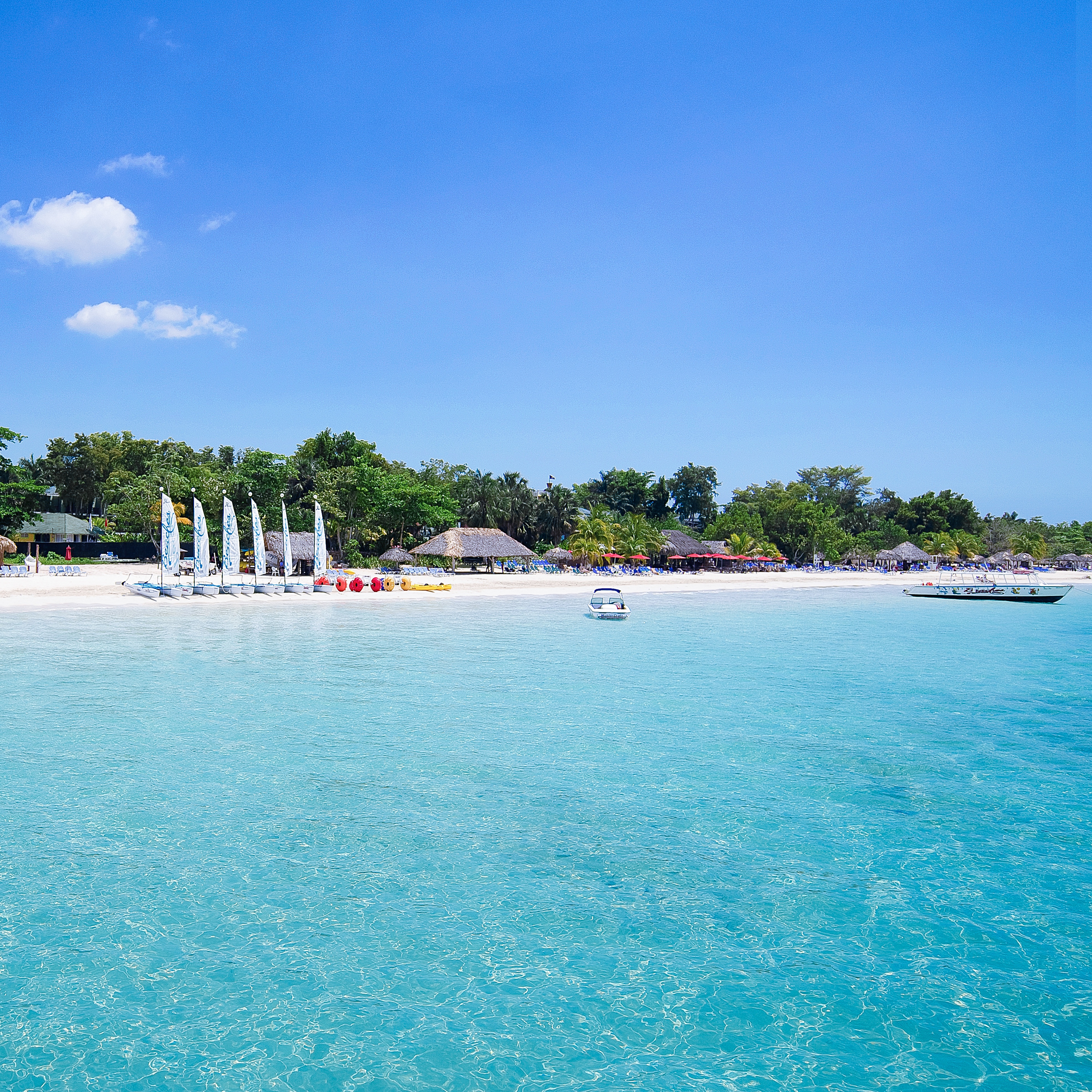
The Weekend Guide to Negril, Jamaica
Along Seven Mile Beach, discover a Caribbean gem on Jamaica's western coast
By Michelle Stansbury Published
